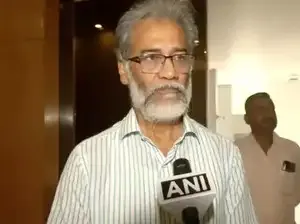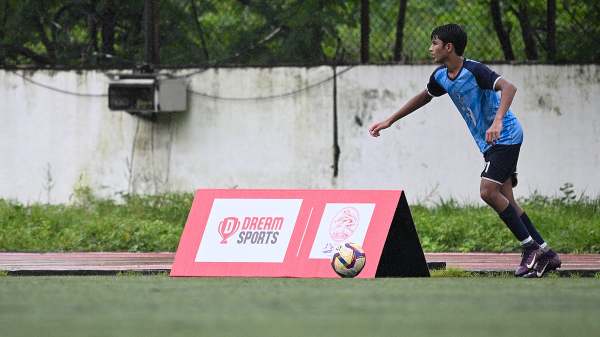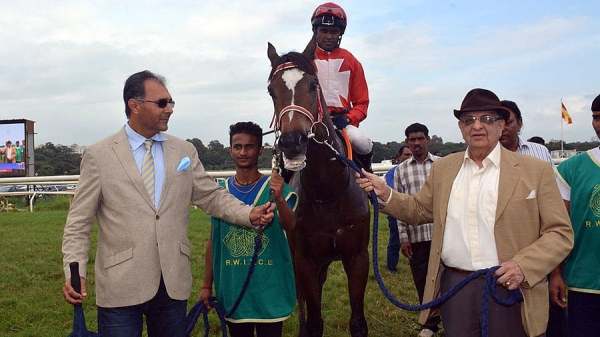CPI(ML) general secretary Dipankar Bhattacharya said the political mood in Bihar is shifting in favour of the Grand Alliance as young voters increasingly align with issues of unemployment, migration and protection of democratic rights. In an interview with The Times of India, Bhattacharya said the party has faced a “hostile atmosphere” during the campaign, but remains confident of improving its seat tally this election.
CPI(ML) is contesting 20 seats as part of the Opposition bloc, one more than in the 2020 assembly polls when the Left won 12 of the 19 seats it contested. CPI and CPM are contesting six and four seats respectively. “We accepted 20 seats in the broader interest of the Grand Alliance,” he said.
Bhattacharya said campaigning had been difficult in some constituencies, citing an incident in Tarari where party workers were allegedly attacked while canvassing. “What kind of democracy is this if you can’t even campaign freely?” he asked.
The CPI(ML) leader said the party’s recent ‘Voter Adhikar Yatra’, which raised concerns over the special intensive revision (SIR) of electoral rolls, mobilised strong public participation — especially among first-time voters. “Gen-Z is highly conscious of voting rights and the need to defend democracy and the Constitution,” he said.
He argued that national and local issues have deeply converged in this election, pointing to jobless growth, rural distress and migration. “Step off the flyovers and you’ll find broken rural roads, distressed farmers and families trapped in debt. Good governance has collapsed,” Bhattacharya said.
On alliance-building, he said the Grand Alliance now includes seven parties, with VIP chief Mukesh Sahani and the Indian Insaaf Party joining after initial disagreements on seat-sharing. “For the alliance to hold, everyone needed to scale their demands realistically,” he said.
Bhattacharya claimed the NDA hoped the SIR process would benefit it politically, but legal challenges and public mobilisation “made people more aware of their voting rights”. He also criticised the recently announced Mahila Rojgar Yojana assistance of ₹10,000 per family, calling it a “recoverable loan disguised as seed money”.
On parties like AIMIM and Jan Suraaj, he said they may influence outcomes in a few pockets, but the election is “largely bipolar” between the NDA and the Grand Alliance.
(With inputs
CPI(ML) is contesting 20 seats as part of the Opposition bloc, one more than in the 2020 assembly polls when the Left won 12 of the 19 seats it contested. CPI and CPM are contesting six and four seats respectively. “We accepted 20 seats in the broader interest of the Grand Alliance,” he said.
Bhattacharya said campaigning had been difficult in some constituencies, citing an incident in Tarari where party workers were allegedly attacked while canvassing. “What kind of democracy is this if you can’t even campaign freely?” he asked.
The CPI(ML) leader said the party’s recent ‘Voter Adhikar Yatra’, which raised concerns over the special intensive revision (SIR) of electoral rolls, mobilised strong public participation — especially among first-time voters. “Gen-Z is highly conscious of voting rights and the need to defend democracy and the Constitution,” he said.
He argued that national and local issues have deeply converged in this election, pointing to jobless growth, rural distress and migration. “Step off the flyovers and you’ll find broken rural roads, distressed farmers and families trapped in debt. Good governance has collapsed,” Bhattacharya said.
On alliance-building, he said the Grand Alliance now includes seven parties, with VIP chief Mukesh Sahani and the Indian Insaaf Party joining after initial disagreements on seat-sharing. “For the alliance to hold, everyone needed to scale their demands realistically,” he said.
Bhattacharya claimed the NDA hoped the SIR process would benefit it politically, but legal challenges and public mobilisation “made people more aware of their voting rights”. He also criticised the recently announced Mahila Rojgar Yojana assistance of ₹10,000 per family, calling it a “recoverable loan disguised as seed money”.
On parties like AIMIM and Jan Suraaj, he said they may influence outcomes in a few pockets, but the election is “largely bipolar” between the NDA and the Grand Alliance.
(With inputs








